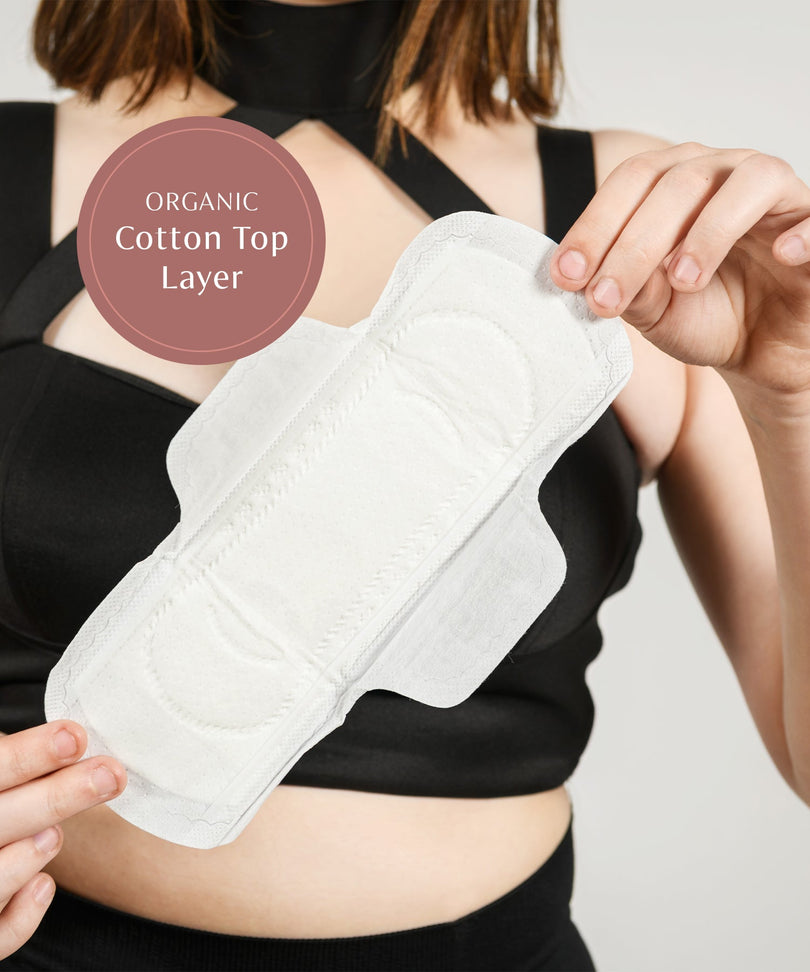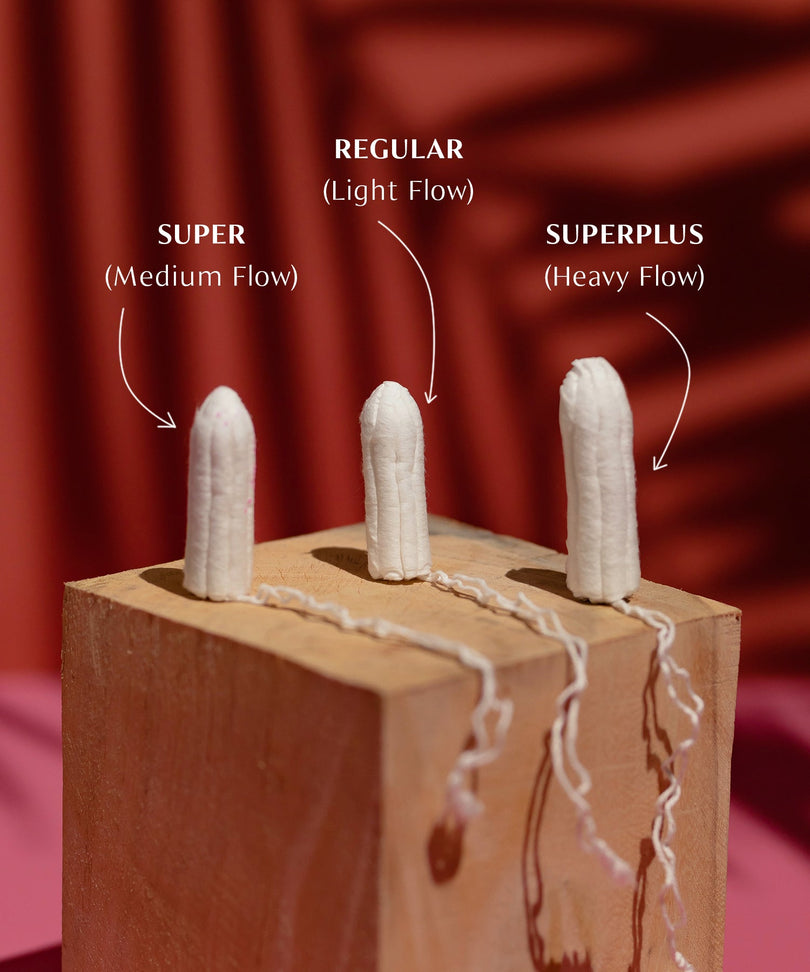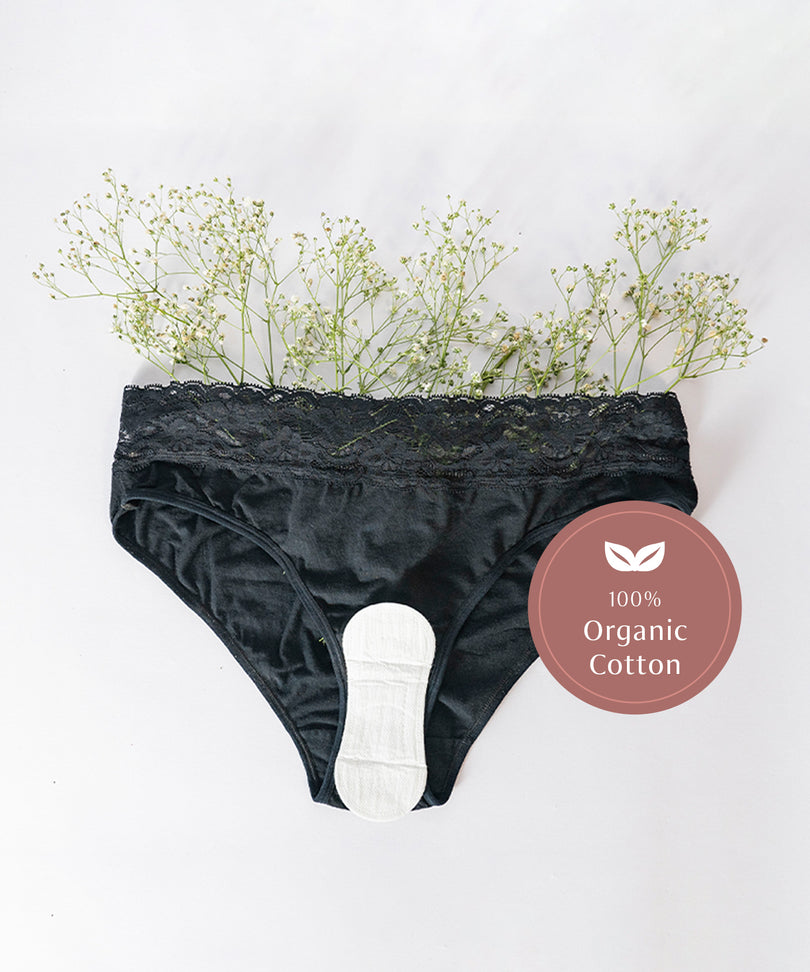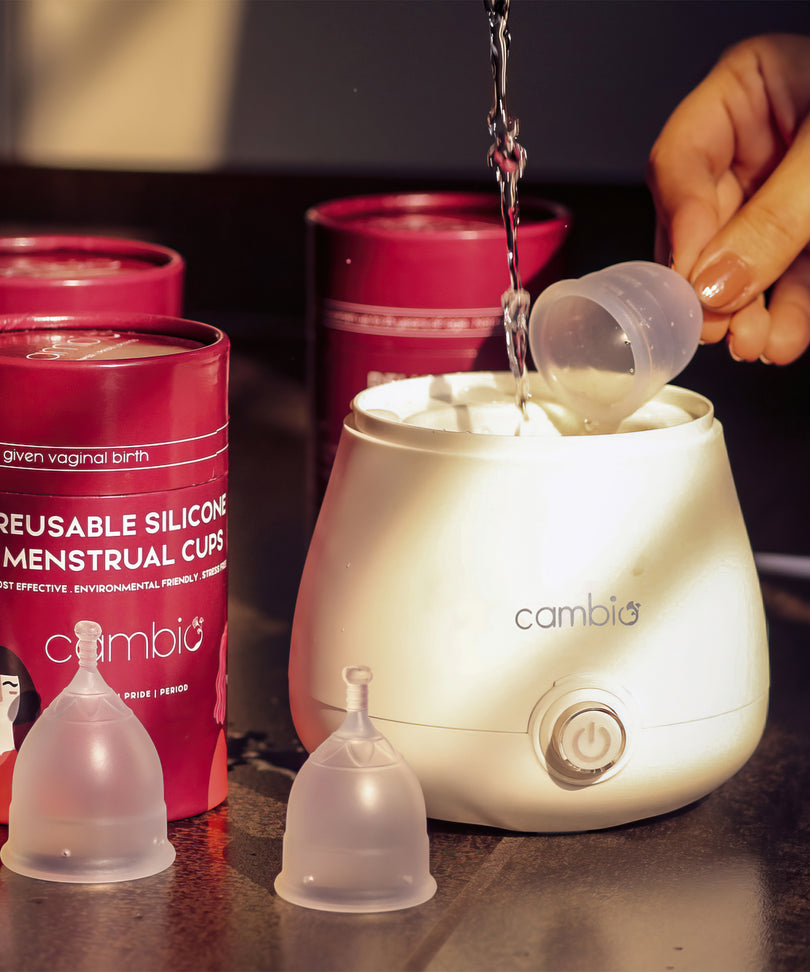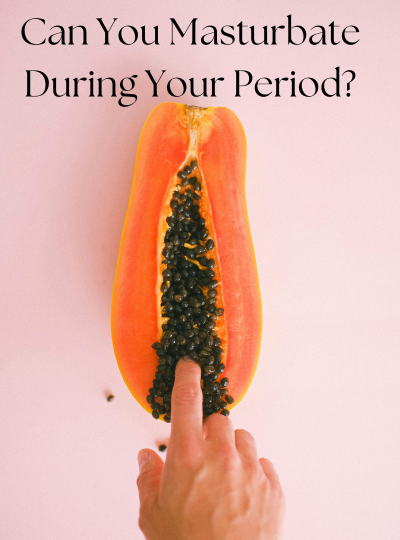Understanding menstruation and fasting
Menstruation is the part of the menstrual cycle in which the uterine lining is shed. It is a natural part of the female reproductive system when one doesn’t get pregnant during one’s fertile window. During menstruation, menstrual discharge which includes blood and uterine tissue is released out of the body through the vagina.
The symptoms experienced during menstruation vary from person to person, however the most common symptom is cramping in the pelvic region. Other symptoms include mood changes, acne, headaches, bloating and tender breasts.
Fasting is the practice of abstaining from food and drinks for a set duration. One may choose to fast for religious reasons, gut health, weight loss, medical procedures, or for public demonstrations and activism.
Today, fasting can refer to abstaining from both food and water, only food, or certain types of food. Some versions of fasting allow for consumption of milk, fruits and vegetables, while others don’t allow for the consumption of anything with a caloric value.
Consideration for fasting during menstruation
Your capability to healthily observe a fast during your period will depend on the reasons you want to observe a fast and whether the benefits of restricting your food intake outweigh the costs.
If you’re choosing to go ahead with a fast during your periods, keep these considerations in mind!
Hydration: Staying hydrated during your periods helps to counter symptoms like bloating, dizziness, and fatigue. It’s important to drink between 2 to 3 liters of water a day during your periods. Staying hydrated will also improve the efficiency of your flow. If the type of fast you’re opting for doesn’t allow for water, you may get dehydrated and should consider not fasting until your periods are over.
Nutritional Requirements: The loss of nutrients through menstrual blood and the increase of energy expenditure by the body during your periods can increase one’s nutritional requirements during periods. As your body sheds its old uterine lining, it will need resources to efficiently contract the uterine muscles and eventually build a new lining. Foods rich in iron, protein and fibres are highly recommended. Fasting can worsen the symptoms of having lower minerals and nutrients in the body and cause fatigue. If the fast you’re opting for allows you to eat certain foods, try to prioritize foods rich in iron and protein.
Energy Levels: Experiencing energy fluctuations can be a common symptom for many menstruators. Going on a fast during your periods can cause you to fatigue more easily as your body will shift to sourcing energy from your stored energy reserves and not from food. If your fast allows you to eat fruits, you can opt for bananas and other high carb fruits to give you a boost of energy.
Hormones: Fasting can interfere with your hormone levels and cause hormonal imbalances depending on which part of your menstrual cycle you’re choosing to fast. Regular fasting can delay ovulation and disrupt the durations and regularity of your periods. Having a disrupted hormonal balance can simulate PMS symptoms at a worse level.
Lifestyle Factors: If you lead an active lifestyle or commute/travel frequently for work, fasting during your periods could put your body at strain. If you’re opting to fast, your body should be allowed to rest and rejuvenate to experience its health benefits. Depriving yourself of food while maintaining a busy lifestyle on your periods can exhaust you and worsen your period symptoms.
Menstruation Symptoms: If you have any menstrual disorders that affect your blood flow, cramping etc. it’s important to observe that your fast doesn’t exacerbate your disorder’s symptoms. When suffering from a menstrual disorder, one should prioritize their overall well-being during their periods, and a fast may not be a viable option as restricting your food intake could prevent you from getting the nutrients you need to feel better.
Also read - Can I have sex during periods?
Can we do ekadashi fasting during periods?
It is possible to fast for Ekadashi during your periods as long as you plan it in advance and prepare your meals accordingly. This applies to other ritualistic fasts that may be observed during Navratri, Maha Shivratri and Karva Chauth.
I recommend fasting for a period of less than 24 hours when on your periods. If your fast involves taking vows, only take a vow to fast for one day at a time. Have a large meal with lean protein and fibre the day before you choose to provide you with long-lasting energy. Listen to your body and allow yourself to break the fast in case your period symptoms worsen or you feel more fatigued. If your fast allows for fruits, eat as many as feels good for a reliable source of carbs.
Also read - Best period comfort food
Can we do intermittent fasting during periods?
Yes, it is viable to practice intermittent fasting during your periods, especially if you’re already accustomed to intermittent fasting throughout the month. You can also modify your fasting to decrease the intensity for your period days by reducing the time spent fasting and increasing your eating window. For example, if you normally fast for 16 hours and eat in 8 hours, you can reduce your fast to a 14 hour fast and allow yourself to eat for 10 hours.
We reached out to our customers who practice intermittent fasting and here’s what they had to say:
Shilpa: I can fast through my period without issues but it’s a week before when I’m PMSing that I face the most trouble fasting. I have a heavier appetite and more junk cravings, and so I allow myself to eat more. Everyone’s body is different and it’s important to do what feels right for you.
Rohini: For most months I can easily fast during my periods, but occasionally when I face a lot of cravings then I just indulge and roll with it. It’s ok to go off track every once in a while.
Ensure that you’re able to eat the desired amount of calories in your eating window to prevent unwanted weight loss and to ensure you’re getting enough micronutrients to replenish your body as it recovers during menstruation.
Also read - Ways to take care of reproductive system
Alternatives to Fasting During Menstruation
If you find that fasting is not a viable option for you on your periods, you can explore other alternatives based on your reasons for fasting.
Abstaining from select foods: If you want to fast for a religious or symbolic purpose, you can abstain from food groups like meat, refined grains, sweets etc. instead of abstaining from food altogether. This will allow you to meet your nutritional requirements while still giving you the opportunity to make a symbolic sacrifice.
Mindful eating: If you’re choosing to fast for weight loss or to improve digestive health, making sustainable changes to your diet and lifestyle can have more positive benefits than simply fasting for a short period. Prioritize eating whole foods and a variety of plants including fruits, vegetables, leaves, legumes and grains. Limit your intake of ultra-processed foods and foods with refined ingredients. Pay attention to your body’s cues of hunger and fullness and eat until you are satisfied but not stuffed. Changing what you eat is more important than changing when you eat for long-term health results.
Exercise: Your options for exercising during your periods will be based on your fitness, lifestyle and the extent of your period symptoms. If you’re new to exercising or feeling too tired to workout during your periods, you can still explore some light-activity options like going for a walk, dancing, stretching and yoga. These can enhance your mood and give you some relief from your cramps.
Rescheduling your fast: If you want to observe a fast, you can reschedule it until after your periods are over so that your body is more capable of enduring it. In Islam, menstruating women don’t fast during Ramadan as it may be a risk to their health. Instead they can choose to fast once their period is over.
A study conducted at the Hamedan University of Medical Sciences found that women who fasted for more than 15 days during Ramadan faced more menstrual abnormalities impacting the duration and frequency of their periods, like oligomenorrhea and polymenorrhea. 16.3% of participants still had an abnormal menstrual pattern 3 months after Ramadan.
Conclusion
Your decision to fast and your dietary habits as a whole are entirely your choices, and we hope you’ve learned about how to modify your fasts to suit your body’s requirements while still achieving symbolic significance.
Ultimately, your well-being and quality of life during your periods should be a top priority and should not be undermined to achieve a fast. There are simply other times of the menstrual cycle when the body is able to endure faster.
More to read
How to get rid of period rashes?

